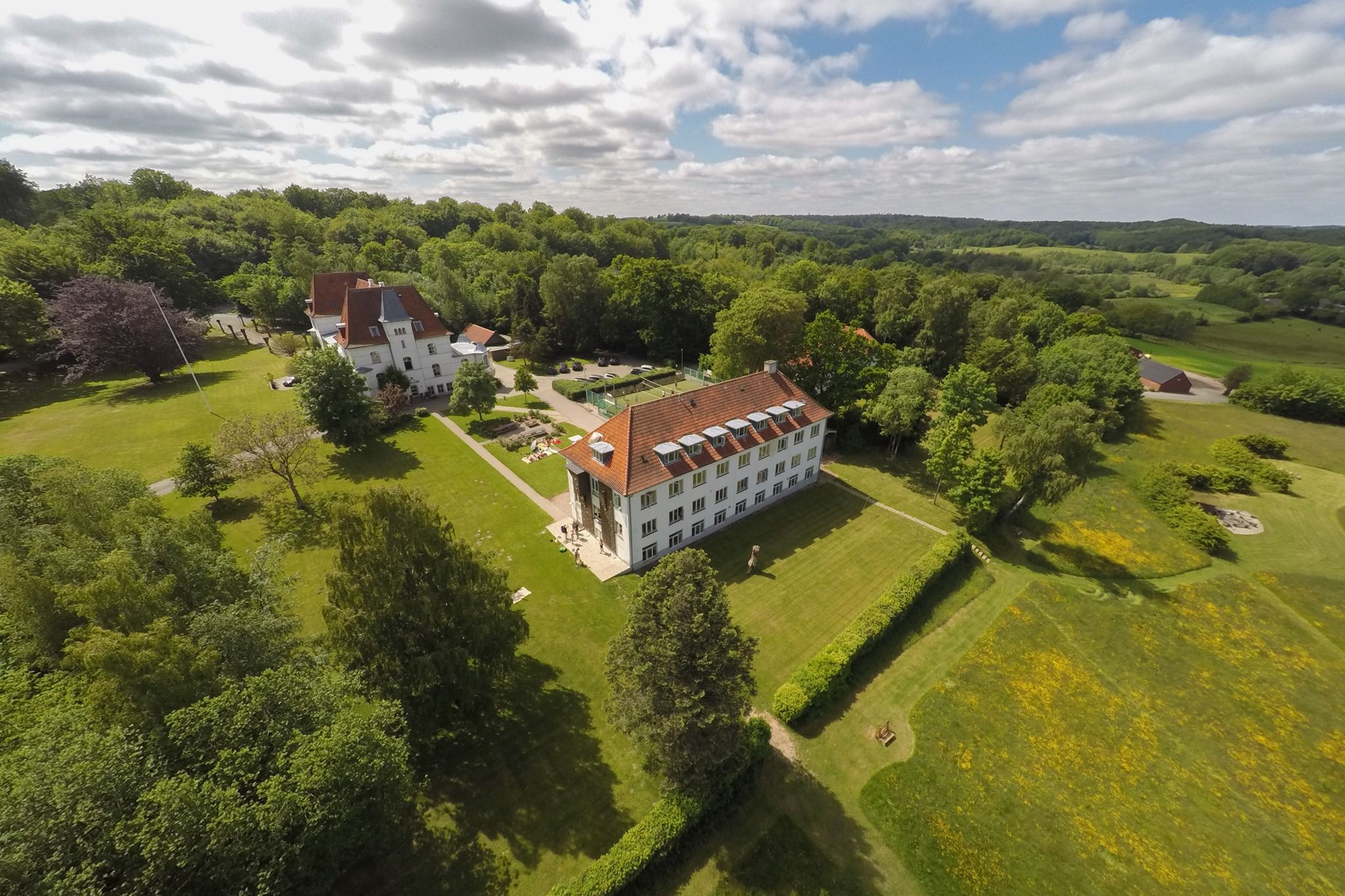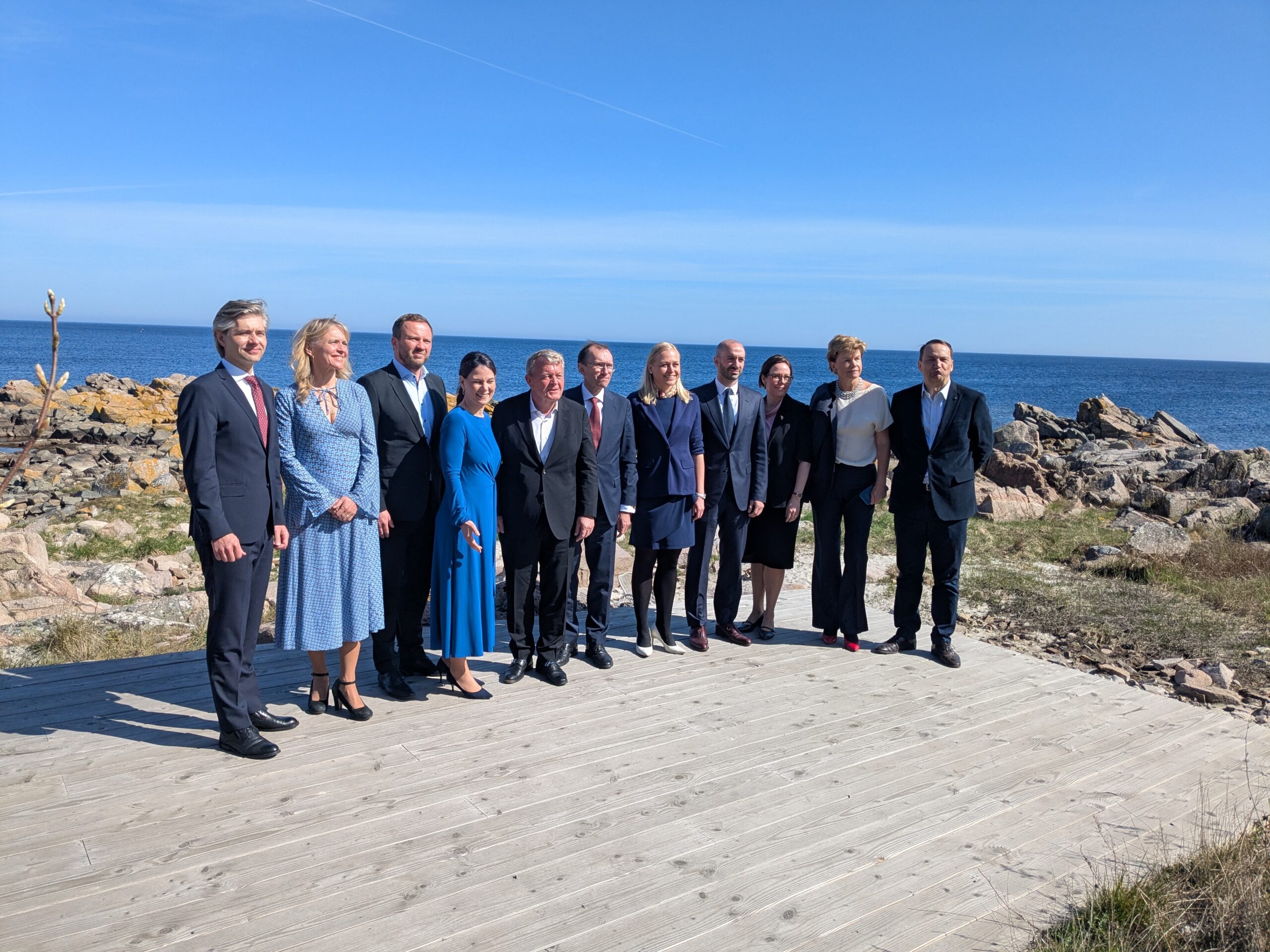In a sense, many of us feel like we’ve been to a boarding school, even if we haven’t.
They might be non-existent in some countries, but ‘survivors’ will tell you in all seriousness that they’re not too dissimilar to university halls of residence, military academies, army barracks, and even youth offender centres and prisons.
But even if you’ve never bunked up in a room full of others, you’ve likely read about the adventures of Billy Bunter, Malory Towers or Jennings when you’re a kid, or seen Lindsay Andersen’s 1968 film ‘If …’
And there’s a very good chance you’ve formed a strong opinion about how they’re breeding grounds for jingoism, cronyism and entitlement (as well as bacteria).
Well, cast those dispersions aside! Because while the efterskoles are boarding schools, they are viewed in an overwhelmingly positive light in Denmark.
Ethos of the efterskole
The Duke of Wellington once remarked that the Battle of Waterloo was won on the playing grounds of Eton College, the UK’s most well known and prestigious boarding school.
And it would be no exaggeration to say that the fabric of the Danish welfare state and Denmark’s survival through the two great wars owes just as much to the ethos of the early efterskoles.
Their cultivation of tolerance, understanding and inclusivity helped to define a new kind of Danishness following the nadir of 1864.
And today they continue to instill into their students numerous virtues: from learning how to fend for themselves away from their parents, to mastering skills that will serve them well in the future.
A year at efterskole tends to result in the rapid development of student’s maturity, self-discipline and resourcefulness.
Midnight feasts!
But that’s not to say the students won’t enjoy the romance of boarding schools popularised in fiction and biographies.
The Harry Potter series, albeit set in a fantasy world, did its best to portray the living quarters of the students as cosy, convivial and charming.
And often, it has to be said, Harry and his friends had the most fun ‘after lights out’, enjoying the wizardry equivalent of pillow fights and midnight feasts.
While efterskoles tend to have a low tolerance policy regarding drug and alcohol usage, students can expect less discipline than at a British establishment run by homicidal monks.
After all, don’t they say that ‘talking after lights out’ lends itself to substantially improving our ability to converse.














